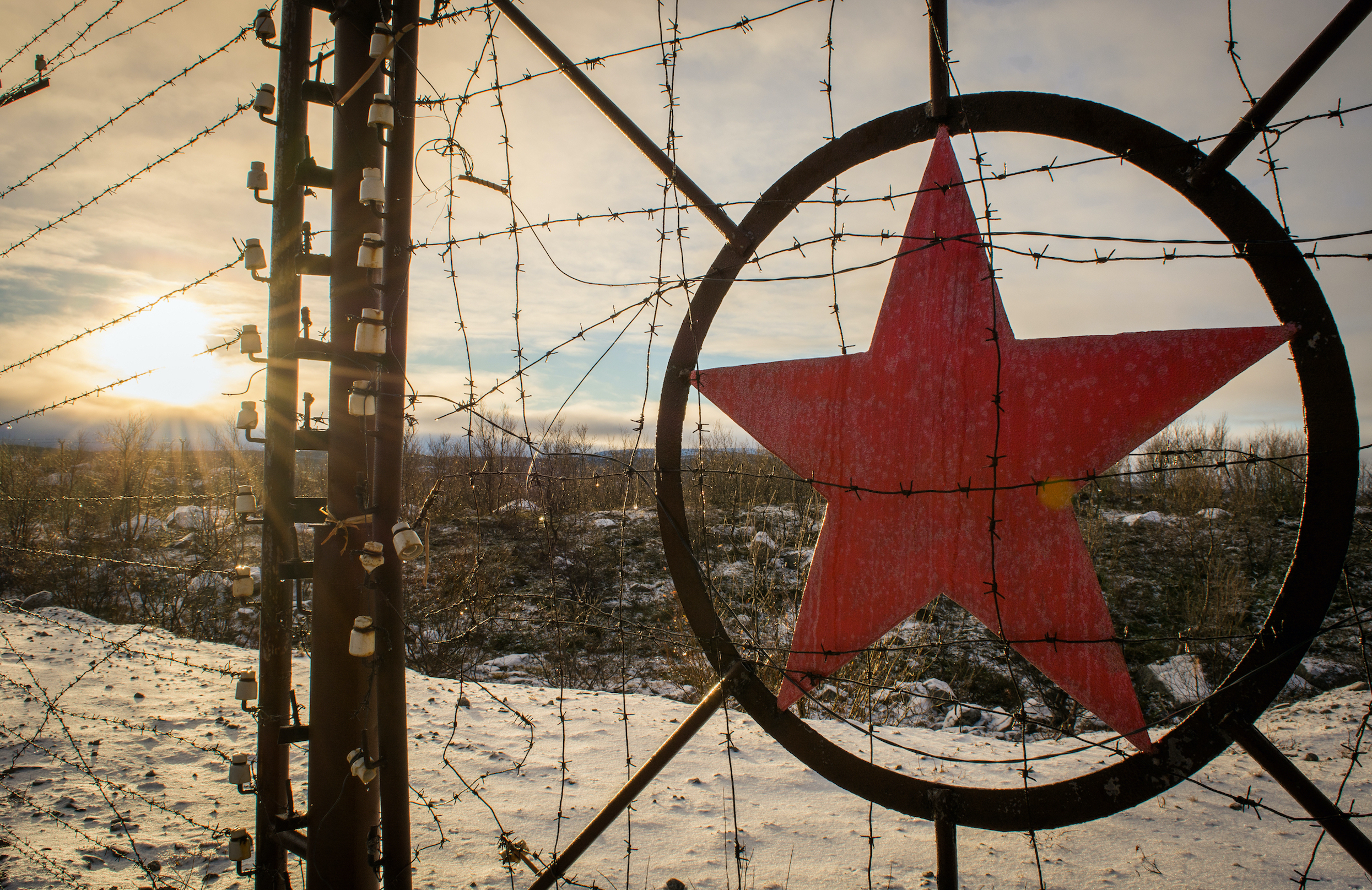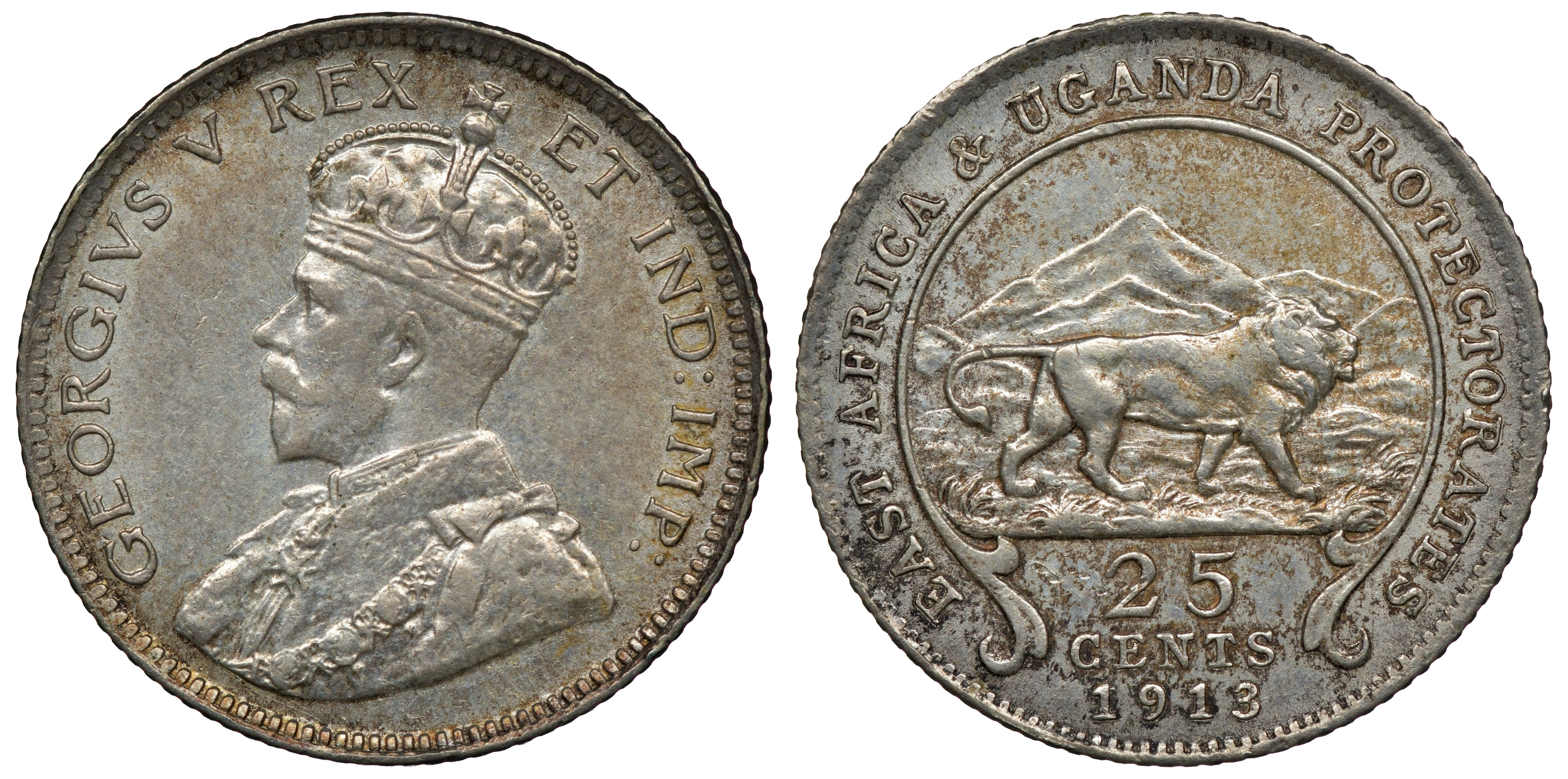None of the European Empires which emerged after the Second World War imagined that they were going to be giving independence to their colonial possessions within 10, 20, 30 years. They all presumed that they were going to be building new 20th century nations based on a more intensive set of interconnections between Europe and its overseas peripheries. This was, however, not the understanding of those in Indonesia, India, Africa and the Caribbean, and they found themselves with an important ally: the USSR.
The importance of the USSR in the history of the 20th century, in terms of shifting the balance of Europe’s relationship with the rest of the world, cannot be overestimated. It flows in two directions. First of all, there’s the material assistance which the USSR gave to anti-colonial nationalists around the world, including China. Much of the momentum behind Mao’s victory in China in 1949 was anti-colonial; but, more importantly, the USSR provided a threat, which made the West recognise by the 1950s that it needed to make concessions to peoples in Africa, Asia and Latin America.
The dissolution of the European Empires comes about by powers like Britain and France – pushed very hard by the United States, particularly after Suez – recognising that it was better to have forms of decolonisation under the patronage of these European Empires than forms driven by social revolution in alliance, whether loose or tight, with the USSR or China. Thus, we end up with this rather rapid process during the 1950s and 1960s which leads to the emergence of today’s system of nation-states in international society.
Bearing in mind that people on the ground imagine that they were going to be living in a new world in which they had a more equal share, we should also recognise that from the perspective of people living in London, Paris, Brussels and New York, they sought to ensure that the forms of economy in society which existed in these places would be as compatible as possible with the greater interests of the West.
The contemporary world, as we know it, is very much formed by the forms of trans-imperial collaboration that emerge across the West in the context of the Cold War, with the United States as the principal economic and military partner. The decolonisation we see in Africa is very much determined by the priorities of the French State. In Britain, there are forms of intervention, direct and indirect, in places as distinct as Nigeria and Uganda, to ensure that the right kinds of anti-colonial nationals come to power. In the Caribbean, those who might have taken these societies towards a rupture with the economies of the West were displaced by other political actors who would be compatible with Western interests.
Indeed, we can see a global conservative coalition, constituted over the course of the second half of the 20th century, which preserves the forms of unequal society which had existed within the previous period. That’s not to say that they were not, even within Europe, other kinds of imaginaries.
The world as it is, not what it might be
In the 1970s, Willy Brandt and others like him within Europe imagine the possibility of a Europe working in coalition with post-colonial nations around the world to produce new kinds of Commonwealth: economic, social and cultural. This European social democratic vision of what the world might be, being pushed from the other side by the demands of post-colonial nations in the 1970s, was for a new international economic order.
None of this was to bear fruit because the forms of conservative and counter-revolutionary forces that had emerged in the post-1945 world were able to achieve ascendancy throughout the 1980s and into the 1990s.
We still live in a world which was produced by that turn in the 1970s and 1980s, in which we had the construction in the United States, Britain and Western Europe of what we’ve come to call neoliberalism. However, its corollary in the world outside of Europe was the construction, via the Washington Consensus of Societies, in which the nation-states, fully independent, in that post-1945 order, were denuded of the capacity to govern economic society as they had hoped c.1945.
Privatisation and the collapse of economic growth
The world of the 1980s and 1990s is a period in which we have, side by side, the creation of organisations like the World Trade Organization and the creation of an international legal code which moves the arbitration of disputes between private companies and States into fora which are dominated by private companies and their lawyers in the global north.
In other words, if the decolonial project of 1945 in Africa, Asia and Latin America sought to create societies which would pass through the same industrial and social trends transition as Europe – wealthy, abundant societies with welfare States equivalent to those of Europe – this particular path was blocked by the ways in which that attempt to create a nationalist remaking of economy in society was constrained by this neoliberal turn of the 1970s and 1980s.
What we see in the period of 1980 to 2000 – and there is a wonderful article called The Emperor Has No Growth, published in 2000, which looks at the relative patterns in economic growth over this period – is a complete collapse of economic growth in many parts of the world, the imposition of privatisation and the weakening of the power of the State to intervene in the economy.
If we look at the 21st century world, we have the issues of the attempts by people at the cost of their lives to migrate to Europe and the United States, crossing on rafts across the Mediterranean and drowning, taking rafts on the highways of the Atlantic, around the pillars of Hercules, around Gibraltar, and crawling through tunnels and swamps to get to the United States. This is really about the attempt by these people who are contained within societies which are politically independent but within forms of economic subordination to find their way towards the wealth produced in their own societies. In other words, we would have a world in which there would not be this desperate attempt by people in the global south to move to the global north had, in fact, the more equal world which was dreamed of in 1945 been possible.
The seed which is growing
In the last 100 years, what we’ve seen is the most extraordinary transformation in terms of how we live together in the world. Within the lifetime of my parents, women couldn’t vote, the poor couldn’t vote. It was accepted that people whose skin colour was different would have entirely different access to society and education. In the space of what, in terms of human history, is literally a blink of an eye, we have challenged that and begun to imagine the possibility of a world which is not just connected by commodities and by systems of domination, but instead by forms of shared cultural experience, values and systems of rights.
That represents the seed of the world which is growing. We should not underestimate the extent to which it remains contested, because the way in which human beings have lived, not just in the last 50, 100 or 500 years, but indeed millennia, in societies which were profoundly unequal, shaped by forms of social distinction and mediated by violence, retain an extraordinary appeal. Human beings, to a considerable extent, remain captive to the forms of domination which they’ve experienced.
So, as much as we are in a world which is undergoing astonishing transformation, we should not underestimate the amount of resistance and tenacity which that old world still has.


